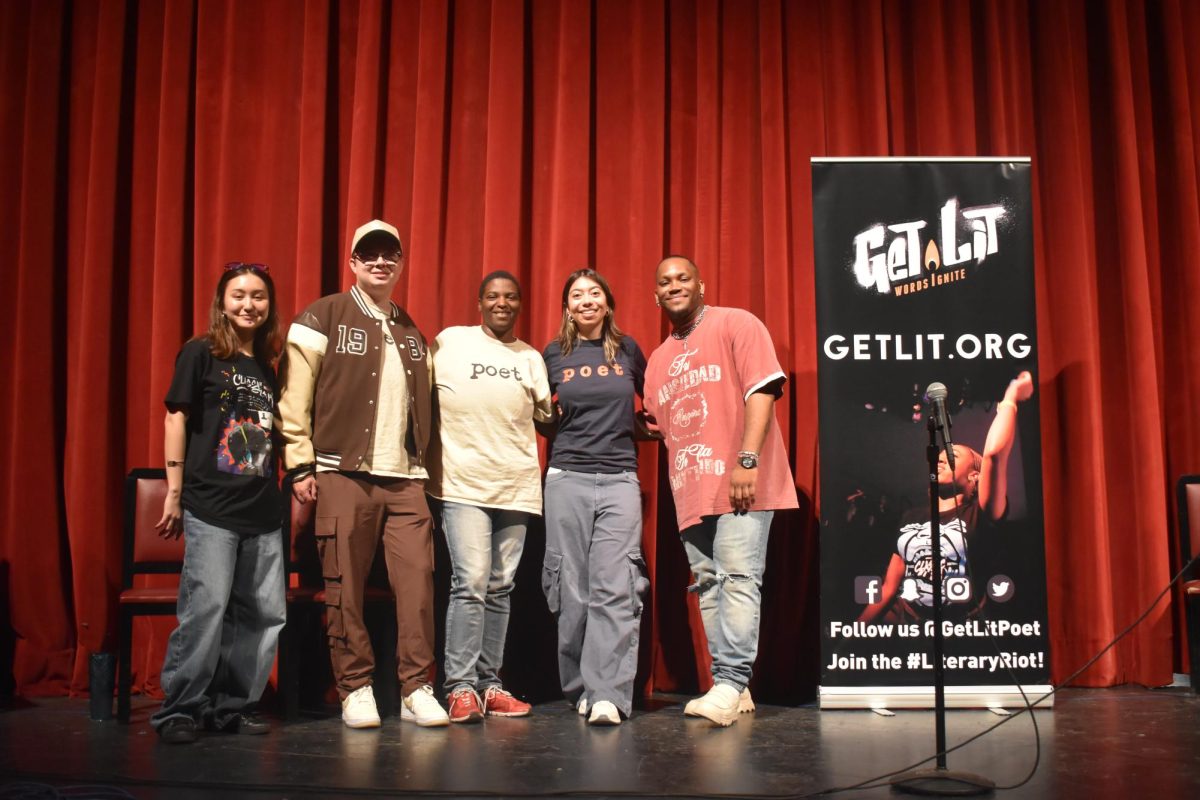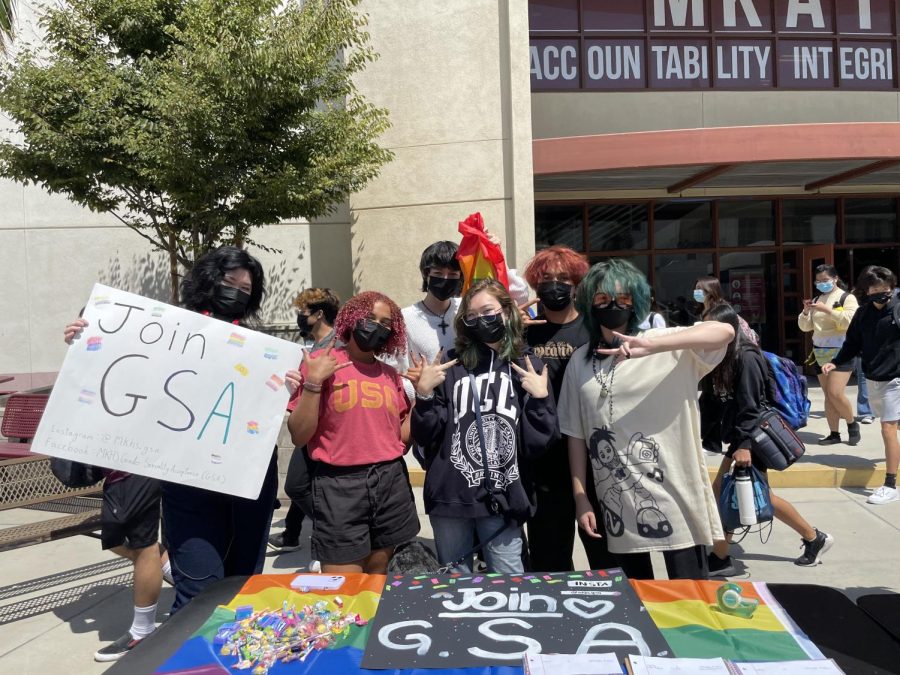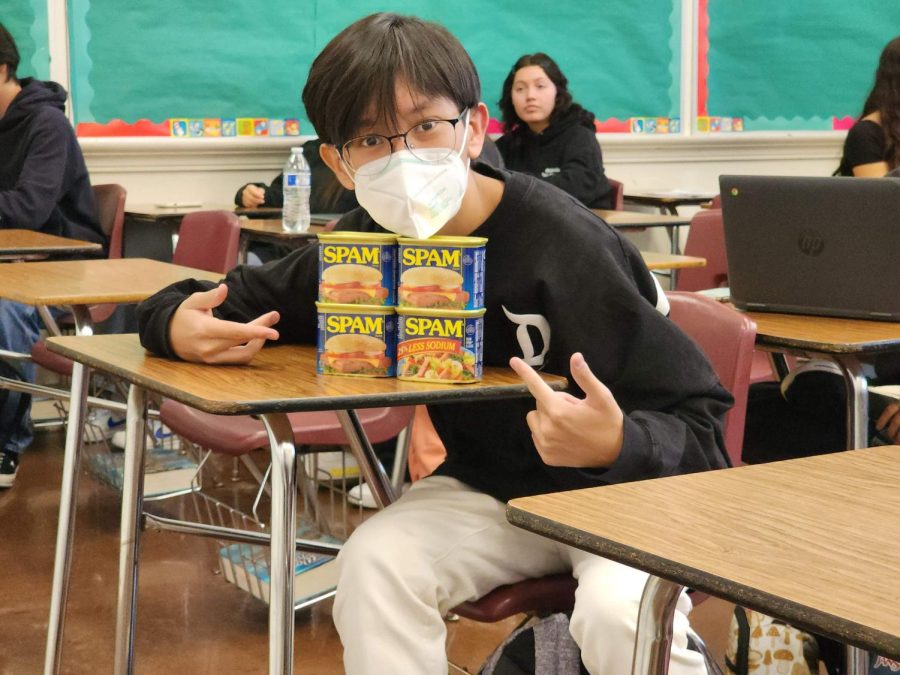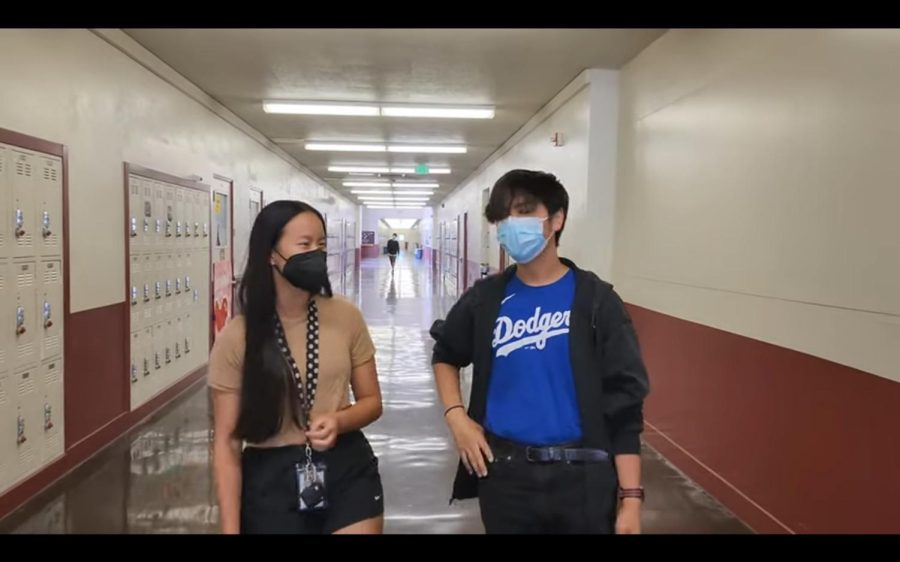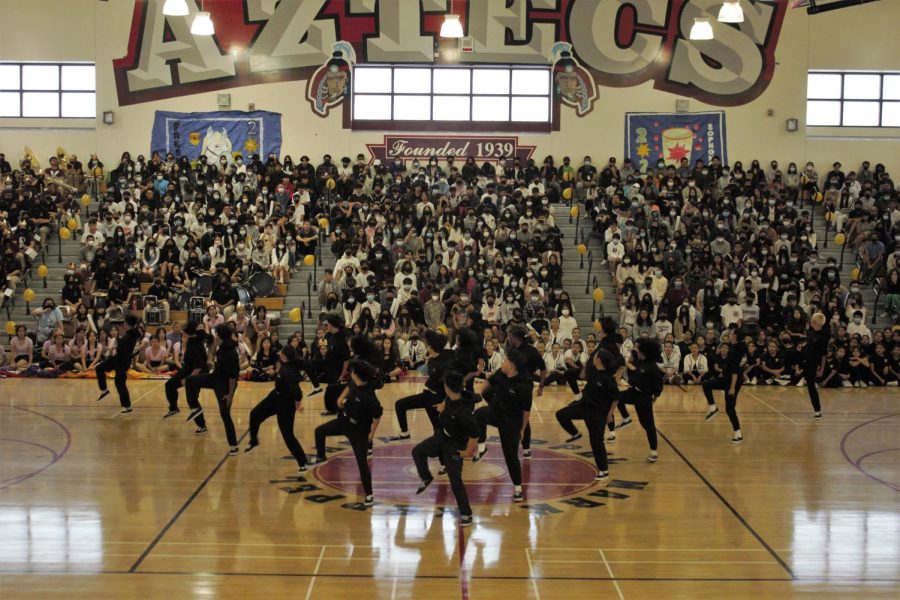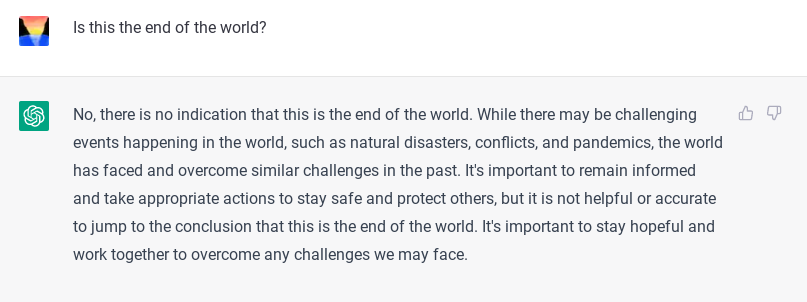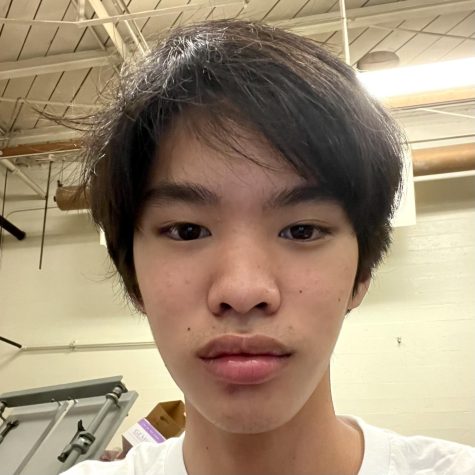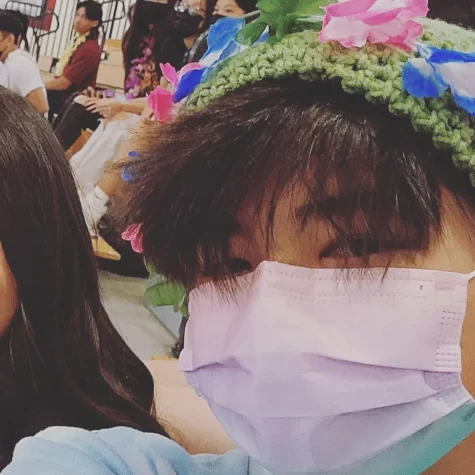ChatGPT: A human wrote this
Photo by Machu Suh
ChatGPT is asked, “Is this the end of the world?”
March 14, 2023
ChatGPT, launched in November 2022, is the epitome of rising AI technology by garnering over a million users in one week. As a language-processing chatbot, it allows users to participate in anthropomorphic conversations or type in prompts, ranging from writing poems to making medical diagnoses, to be fulfilled.
ChatGPT was introduced in 2018 by the OpenAI company, which was founded by Elon Musk, Sam Altman, Greg Brockman, Ilya Sutskever, and Wojciech Zaremba in 2015. Based on a language processing computer program, GPT-3, the AI was able to filter through data on the Internet to build the foundation of the knowledge base. Thanks to the fine-tuning of the Reinforcement Learning from Human Feedback (RLHF) technique, offensive, false, or biased responses are reduced from the human-like responses. RLHF consists of the SFT model, which generates responses from selected prompts, the reward model, which is trained on comparison data, and the policy model, which utilizes the reward model to improve the SFT model.
The immense capabilities of ChatGPT have received positive and negative receptions from users, making it a controversial subject of discourse, especially around Mark Keppel High School and various schools across America. In Mark Keppel High School, the school administration blocked the website which has also sparked the question of censorship. Some teachers see ChatGPT as a gateway towards cheating, while others see it as an opportunity to integrate technology into student learning.
One English teacher who believes ChatGPT should be explored in schools said, “I do not believe in blocking the site. I think it is the easiest response, but the better response would be to allow its use alongside a conversation about writing and why we write.” She also stated that she would want her students to “explore its capabilities and shortfalls,” and in addition, she believes that it can also be used as a “real tool for students learning English as a second language and/or have learning differences that may have previously prevented them from completing work.”
In contrast, English teacher and newspaper advisor, Ms. Luckey says that ChatGPT would lead to a path of cheating. Saying, “Any use of AI would constitute cheating with any teacher’s curriculum. I teach writing and research, if someone is doing the writing or research for you, you are not learning and are damaging your chances at being successful in any aspect of life.” She also agrees with the blocking of the website saying, “the fewer times you have to try to ‘work the system’ the better chances are of being a functioning adult.”
In the larger, prestigious academic world of Stanford University, some professors have similarly decided to shun ChatGPT by claiming it as a form of plagiarism, but others see it differently. In the syllabus for COMM 108: “Media Processes and Effects,” AI agents are simply considered as any other form of external sources. One adjunct professor in the Computer Science department of Stanford, Edward Chang, takes a novel leap in assimilating new technology; the first week of his Spring 2023 class involves an introduction to ChatGPT that will be followed by three light-weight group assignments that require the usage of the language processing model to complete.

